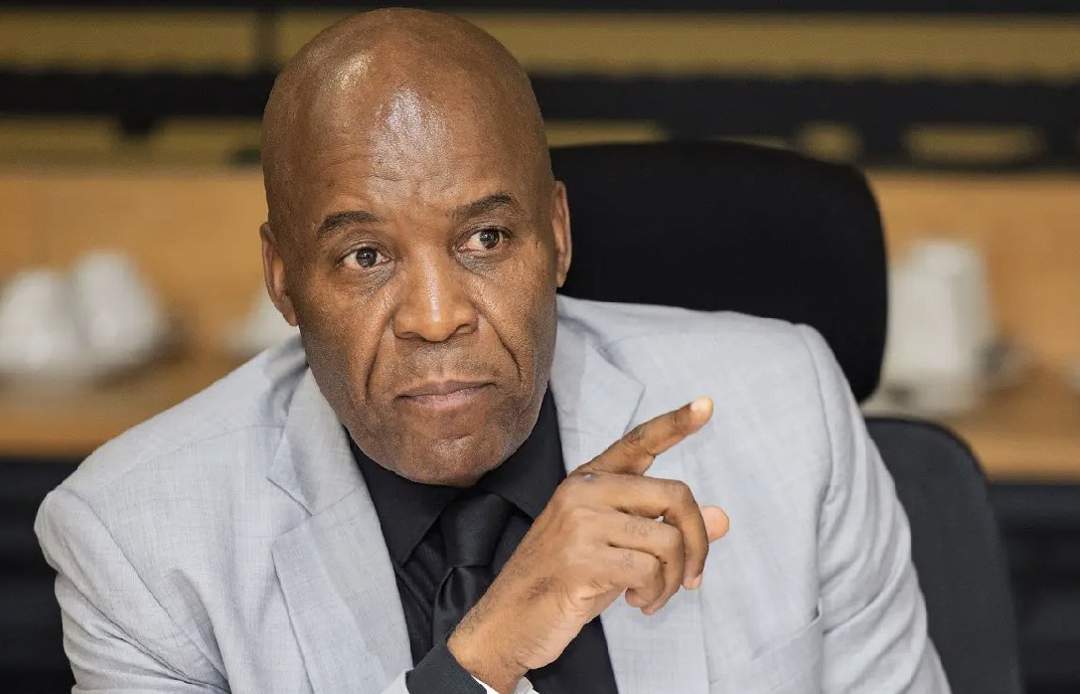News
Tshwane’s R40.5 Billion Scorecard: Residents Help Capital Hit 98% Revenue Target

Incentives, civic discipline and digital tools drive impressive turnaround for the capital city
The City of Tshwane has reason to celebrate. With its books nearly balanced, the metro announced it raked in R40.5 billion in revenue for the 2024/25 financial year, just shy of its R41.3 billion target. That’s a remarkable 98% collection rate, signalling what city leaders are calling a “clear sign of financial discipline” and improved cooperation between residents and the municipality.
And in a time where metros across the country are buckling under financial pressure, Tshwane’s performance stands out.
June 2025: A Breakout Month
While the overall numbers are impressive, June was particularly strong. The city exceeded its target by R205 million, collecting R3.671 billion instead of the projected R3.465 billion. The surplus helped shave R205 million off Tshwane’s projected annual shortfall, reducing it to R784 million.
Deputy Mayor Eugene Modise called the achievement a milestone in local governance.
“This significant achievement reaffirms Tshwane’s commitment to financial sustainability, responsible governance, and improved service delivery,” Modise said in a statement.
How Did They Do It? Incentives That Worked
One of the key drivers of this turnaround was the Incentive Scheme and Amnesty Programme rolled out between March and May.
These initiatives allowed residents to fix tampered meters, re-activate dormant accounts, and benefit from debt relief.
Here are some of the standout outcomes:
-
20,075 residents came forward to regularise tampered meters
-
85,361 customers qualified for R2.4 billion in debt write-offs
-
31,540 inactive accounts worth R1.8 billion were cleared
-
1,076 residents with R154 million in arrears entered settlement agreements
This bold approach not only improved cash flow but helped re-establish trust between residents and the City — a relationship that has often been frayed by service delivery failures and billing chaos in the past.
A Community Effort
Modise acknowledged that this success wasn’t just about spreadsheets and policies, it was about people.
“Your commitment and support have directly contributed to these results and enabled the city to deliver reliable and quality services across all regions of Tshwane.”
He extended appreciation to City staff across departments, from waste management to customer care who ensured the system worked on the ground.
Not Just Numbers: A Shift in Attitude
Tshwane’s performance sends a strong message that financial health in local government is possible, with the right strategy and public buy-in. While cities like Johannesburg and Ekurhuleni continue to struggle with revenue collection and service instability, Tshwane’s mix of debt relief, digital tools (like the e-Tshwane platform), and community engagement seems to be paying off.
However, city leaders aren’t resting on their laurels.
Modise reminded residents to continue reporting illegal connections and meter tampering, both of which remain criminal offences.
“Paying for municipal services is both a civic duty and a vital contribution to the development of our shared future.”
This financial rebound comes at a critical time for Tshwane, which has been dealing with budgetary constraints, infrastructure backlogs, and social unrest tied to illegal land occupation and housing. In fact, the City is now considering demolishing homes built in illegal developments, another indication of its renewed focus on regulation and order.
In short, Tshwane may still have challenges, but its latest financial report shows it’s heading in the right direction, with its residents on board.
Are you a Tshwane resident? You can access your billing account, apply for payment arrangements, or report issues via the e-Tshwane portal or visit your nearest Customer Care Centre.
{Source: The Citizen}
Follow Joburg ETC on Facebook, Twitter , TikTok and Instagram
For more News in Johannesburg, visit joburgetc.com



























